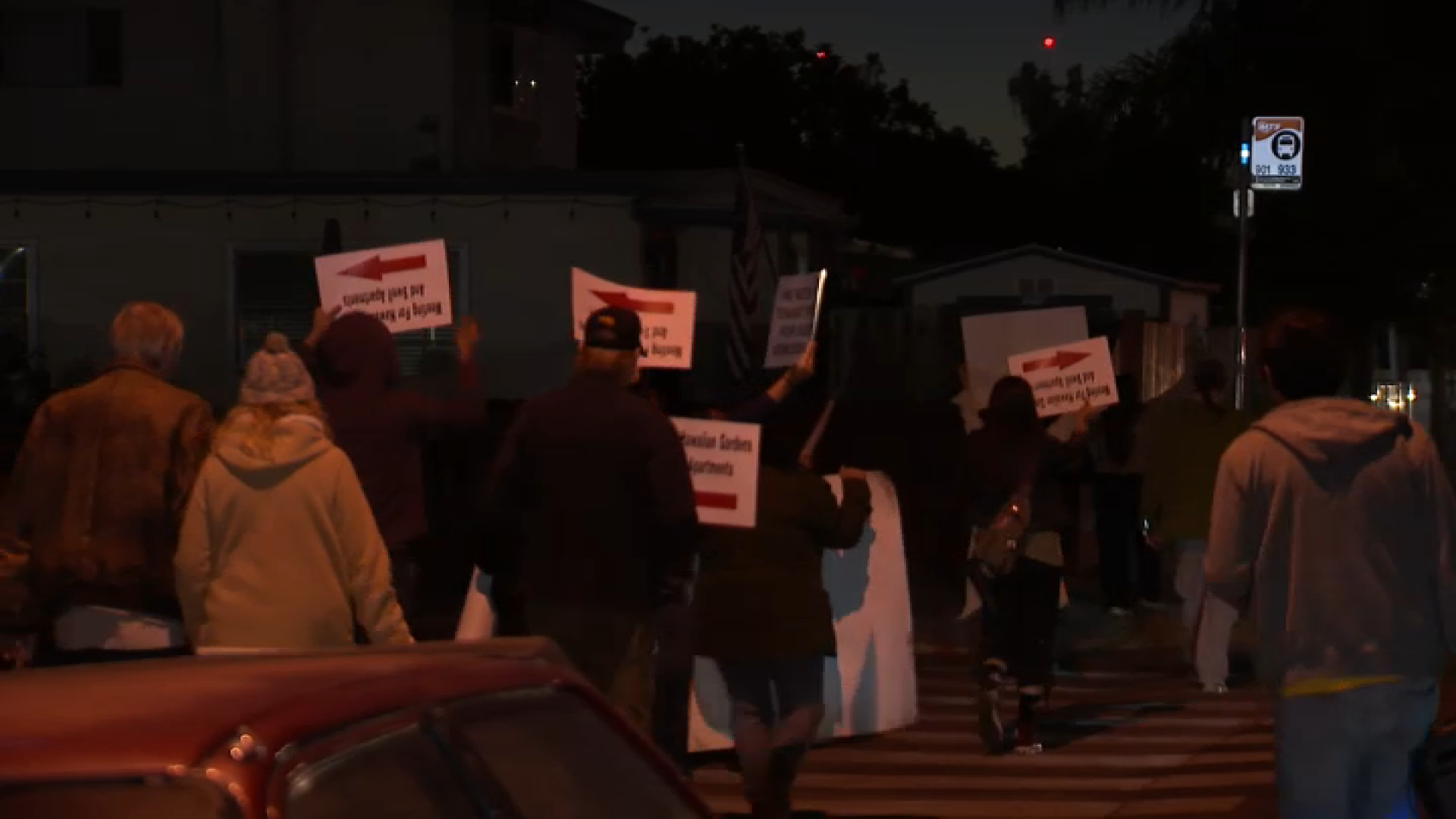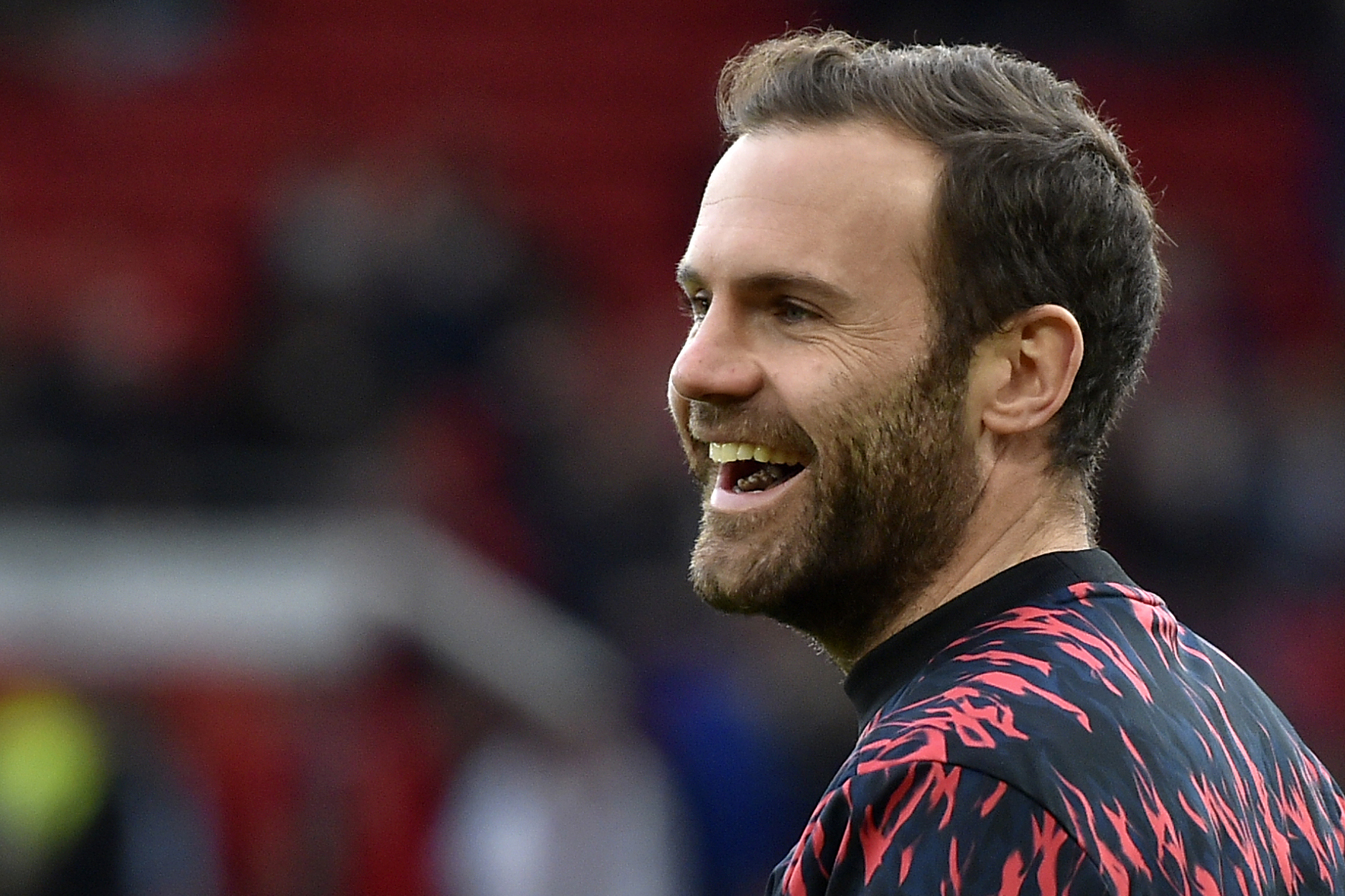A San Diego rapper said he'll soon be writing about the inside of a courtroom after a judge has dismissed conspiracy charges against him and another man prosecuted under a controversial law.
Brandon Duncan, who records under the name "Tiny Doo," and Aaron Harvey are two of 15 co-defendants charged in connection with nine shootings that took place in San Diego between May 2013 and February 2014, all linked to the Lincoln Park gang.
On Monday, a San Diego Superior Court judge decided there was not enough evidence to bring Duncan and Harvey to trial on conspiracy charges.
Duncan, 33, told NBC 7 his music is art and this case had much larger implications threatening the livelihood of countless other rap artists.
"If you want to hear my music, it's not promoting anything," Duncan said. "I'm not telling anybody to commit no crime, I'm not telling anybody to do anything. It's just artistry. I'm painting a picture of an urban community."
He said this case has not made him rethink what he writes.
Duncan is accused of promoting crimes through his lyrics and benefiting from his gang’s increased “street cred” from the shootings, prosecutors allege. They claimed his homegrown music helped inspire the violence, even though there is no evidence connecting him to the actual shootings.
Local
The prosecution said they have collected wire taps through cellphone records that show several of the defendants were near the locations of some of those shootings and were talking about seeing another gang members in the area.
Defense attorneys argued there needs to be more than association to charge these men and the case violates free speech rights.
"I think the whole world was watching because when they put our First Amendment here in America on trial, to say that Brandon Duncan's rap music encouraged these shootings," said defense attorney Brian Watkins.
Duncan was charged with multiple counts of conspiracy to commit a felony with a criminal street gang under a law that's been on the books for 15 years.
Penal Code 182.5 was passed when voters approved proposition 21, a proposition which toughened penalties for youth offenders, in 2000. The measure is a conspiracy law that basically says active gang members can be charged for crimes committed by other members-- even if they were not involved in the crime.
Prosecutors must prove that defendants benefited from gang crime to convict them.
San Diego County District Attorney spokeswoman Tanya Sierra released the following statement about judge's decision:
"The District Attorney's Office respects the decision of the court today. This ruling and future court opinions will help determine if California Penal Code 182.5 is a viable legal tool in our fight against violent crime committed by San Diego street gangs across the County.
"In recent weeks, the District Attorney has reached out to community members, state and local legislators, and faith-based leaders, meeting with them to discuss their understandable concerns about the use of this law. While a debate over the law can be constructive and educational, combatting the scourge of deadly gang violence remains our focus. Instead of waiting for more shootings and murders to victimize the community we used this law to cripple the organization."
Sierra said every defendant charged in the case is an active gang member. Five other defendants whose cases were heard alongside Duncan's are still being held on conspiracy to commit murder, attempted murder and shooting into an inhabited dwelling. Another three will go to trial on a conspiracy charge under Penal Code 182.5.
"It's unfortunate that in spite of the evidence transparently available in the court record and court's rulings that clearly establish their active gang membership during the time of the shootings, the media and community has allowed itself to be manipulated by individuals who are misrepresenting their true level of gang involvement," said Sierra's statement.
The district attorney's office has yet to charge anyone with being the trigger man in the shootings.



